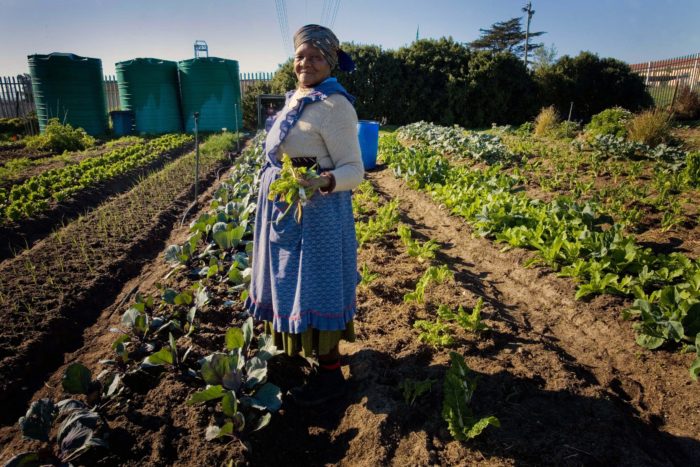Agriculture is the biggest employer in Africa with about 70% of the population depending on it to make a living. It accounted for about 32% of Africa’s GDP as at 2016. Growth in the sector is said to be 11 times more effective in reducing poverty than growth in any other sector. The agriculture value chain is expected to add more jobs than any other sector in countries such as Ethiopia, Malawi, Mozambique, Tanzania, Uganda, and Zambia.
Despite the importance of agriculture in Africa, it is not delivering its full potential. About 160 million Africans still go to bed hungry everyday due to low food production amidst other factors. Many African farmers lack access to improved seedlings, fertilizers and best farming practices. African entrepreneurs including technology founders have already begun addressing some of these challenges. The issue is the task is enormous and we need more agritech entrepreneurs to take on the challenges.
Agritech On The Rise
There has been a surge in agritech startups in the past few years. As at early 2018, there were 82 agritech startups operating across Africa with more than half launching within the last two years. There has been a 110% increase in the number of agritech startups within the last two years. In 2017, these startups raised $13.2 million in funding, a 121% increase from 2016. A large number (about 38%) of drone tech applications in Africa are in the agric sector.
While FarmCrowdy is helping farmers raise capital from individuals in Nigeria, Twiga Foods connects farmers with vendors in Kenya. There’s also Angel Adelaja, one of the pioneers of vertical farming and hydroponics in Nigeria. In South Africa, drone startup Aerobotics is helping farmers with crop protection while Ghana’s Agrocenta provides farmers access to market and capital. These among others are attempting to increase yield, efficiency and profitability for farmers.
Impact And Challenges
Farmers across Africa have gradually begun to feel the impact of these agritech startups. For example, Hello Tractor has worked with 22,500 farmers in Nigeria & Kenya helping them achieve a 200% increase in yields. FarmCrowdy has helped 3,000 small-holder farmers expand operations and increase revenue. There’s also Digital Green which is already using engaging videos to teach 1.2 million farmers in Ethiopia, Ghana, Malawi, and Niger best farming practices.
Asides infrastructural challenges, one of the issue agritech innovators are dealing with is the literacy level of smallholder farmers. This can make it difficult for them to adopt technologies such as drones. Although there’s a general distrust for technology amongst these farmers, with some training & education this challenge can be easily surmounted. Another problem is small-holder farmers, who typically are in desperate need of these tech solutions, are unable to afford them, agritech startup founders can scale this obstacle through flexible payment options and helping farmers access agric credit.
The Task Ahead
While agritech startups have begun to make a dent across the continent, more still needs to be done to increase productivity and profitability across Africa’s food system. For one, majority of agritech startups in Africa (60%) are located in Kenya, Ghana and Nigeria. In order for the impact of agritech to be felt quickly across the continent, more startups need to serve or emerge in countries like Chad where food security is one of the lowest in the world. It has now become a critical problem as the world population is expected to grow to 9.1 billion by 2050 with 2 billion being Africans. There needs to be a 70% increase in food production to match the population growth and avoid a bigger hunger crisis.
There are still a lot of untapped agritech sub-sectors with very few startups playing in the space.The 2018 Agrinnovating for Africa report by Disrupt Africa showed that majority of startups were e-commerce agri-focused platforms. There’s very little activity in sub-sectors such as precision farming and soil management. In addition, there’s a need for R & D so as to produce agritech solutions in areas like biotechnology, Robotics and AI. Since agritech is a relatively new field in Africa, there’s need for a ramp up in skills training for youths in areas such as vertical farming and hydroponics. In order to quickly solve its food production problems, Africa needs to leapfrog agricultural development and technology is an important element to making it happen. No other sector presents the massive opportunity to lift millions of Africa out of poverty like Agriculture.




















